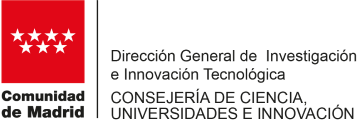
April is a month dedicated to raising awareness about animal abuse and promoting animal welfare. One area where this topic is particularly relevant is biomedical research, where animals are often used to test new treatments and drugs. However, lately, there has been a growing movement towards reducing the use of animals in this field.
The FDA Modernization Act 2.0 (FDAMA) was recently passed, and it includes provisions that promote the use of alternative methods to animal testing in drug development and other areas of biomedical research. This is a significant development, as it reflects a growing recognition of the limitations and ethical concerns of using animals in research. There has been some progress in finding alternatives to animal testing. A promising approach is the use of human tissue cultures and cell lines, which can be used to study the effects of drugs and treatments in a controlled environment.
In the last years, there has been an increasing interest in using these 3D models for drug screening and toxicity testing. Spheroids and organoids, for example, are clusters of cells that can self-organize into 3D structures that mimic the architecture and function of tissues and organs. These models have shown great promise in replicating the complexity and functionality of human tissues and organs, and their further development and evaluation under the FDAMA framework could help to reduce the use of animals in research and accelerate the development of new drugs and treatments.
At A4cell we are offering services as a CRO to strengthen drug discovery, iPSC research and cell therapy by applying SPAchip® technology to novel 3D models. The possibility of analyzing intracellular readouts in real-time while these 3D structures grow and develop can offer valuable insights to solve researchers needs.
Contact us for further information!
n






